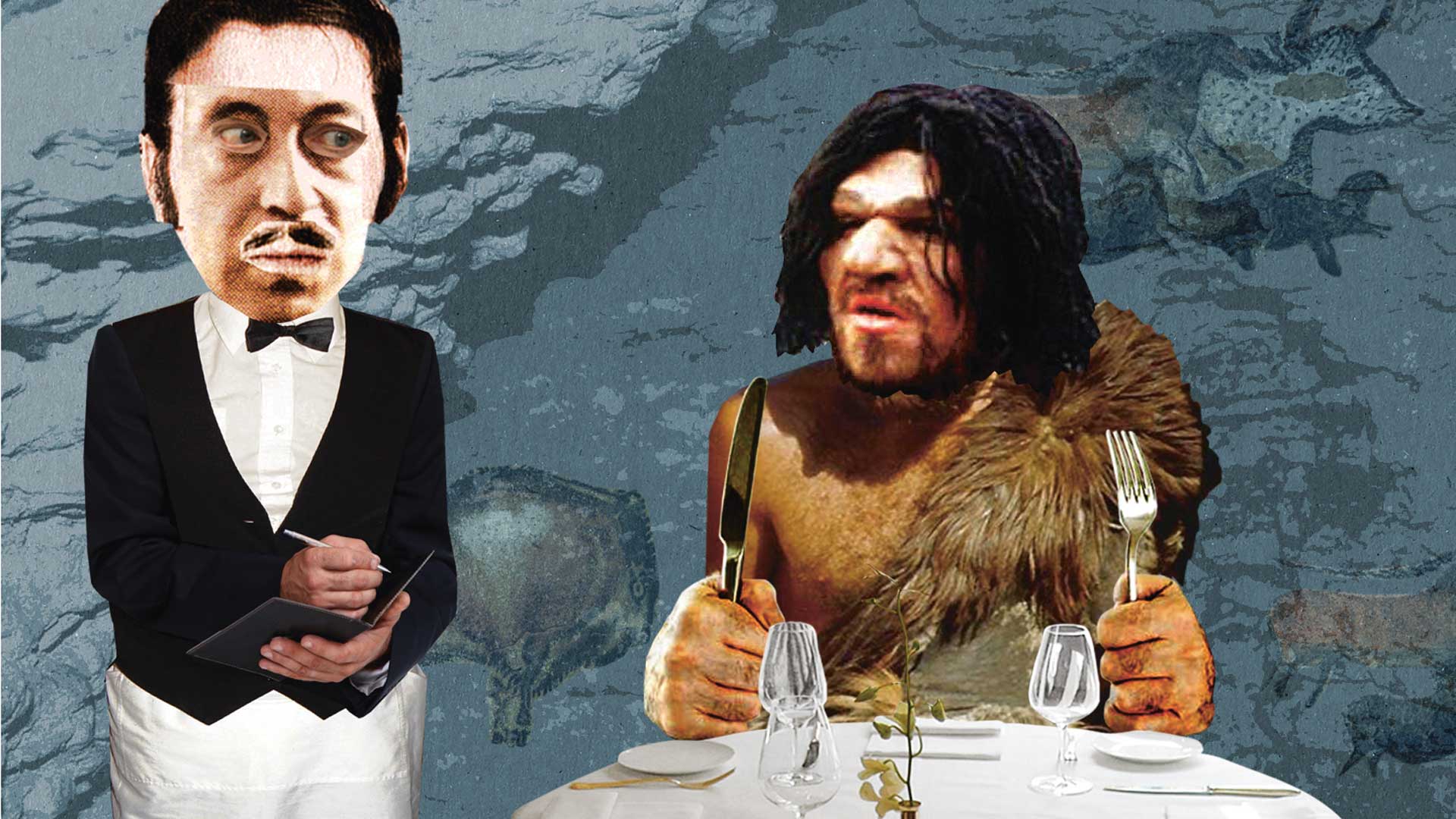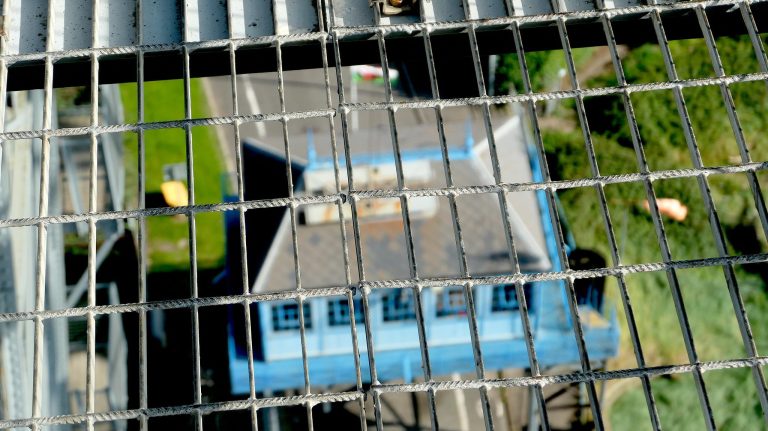The Times resisted the temptation to go for the caveman line but instead they went beyond the weight-shedding diet and said: “Alternate day fasting diet could be secret to
longer life”.
The Sun made a different claim, suggesting that when you have the licence to eat freely when you can. Their headline read: “FAST WORK: Lose weight fast with the ‘alternate day fasting diet’ – and eat what you want half the time”.
But are all those claims correct? And did cavemen really eat in this way?
Facts. Checked
This study does not show that fasting is the secret to a longer life but it does seem that it can help shed a few pounds. The researchers said that of all the anti-ageing and longevity-promoting interventions tested so far, calorie restriction seems the most effective. And fasting like in this study could be one of the best ways to reduce calorie intake by taking away the temptation of snacking.
It’s hard to read too much into the results of the study due to the sample size, which took 30 people who were fasting and 30 people to act as a control group over four weeks.
Rather than studying overweight people – as the Mail Online suggested – this study looked the effects of fasting on healthy humans with a BMI between 18.5 and 24.9 who had no health issues and drank no more than 15 alcoholic drinks per week.
During fasting periods, people were only allowed to drink water and unsweetened black or green tea or coffee, while it is unclear what exactly they ate when the shackles were off. However, The Sun’s claim that they could “gorge whatever tasty food they wanted” isn’t right – a balanced diet was deemed “crucial” by experts. The Sun was also wide of the mark when it came to ages – people between 35 and 65 were involved in the study, not the average age given in the paper of 48 to 52.
So the extreme diet isn’t quite what it is cracked up to be in some reports. But does it fit with how our cavemen ancestors used to eat?
The high-protein caveman diet – or the Paleo diet – focuses on eating things that are hunted and fished or gathered with the thinking that carbohydrates that form most of our diets will not have the chance to turn into fat. As for fasting, that is associated with the 5:2 diet – where you eat for five days and follow a low-calorie regimen for two.
However, as the NHS points out in its assessment of the Paleo diet, “There are no accurate records of the diet of our Stone Age ancestors, so the diet is based on educated guesses, and its health claims lack any scientific evidence”.
There remain risks of side-effects and a difficulty in hitting nutritional needs too – so it’s worth considering them before taking on the diets.
Image: Miles Cole










